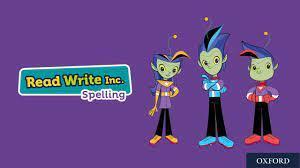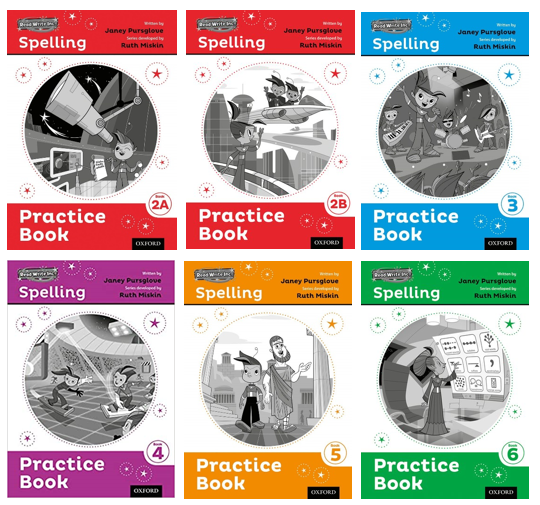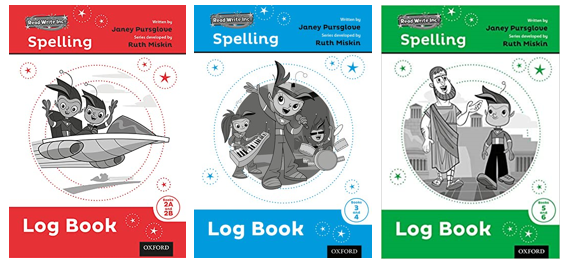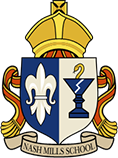Spelling
Spelling Scheme

At Nash Mills Primary School we use Read Write Inc to teach pupils to spell. From joining us in the Foundation Stage we use Read Write Inc phonics to teach your child how to read and spell.
Read Write Inc. Spelling Programme
We have chosen RWI for Year 2 to 6 for the following reasons;
- To enable to allow us meet the spelling expectations of the National Curriculum 2014
- To raise standards in spelling
- To provide consistency and progression in the teaching of spelling
- To help support children to enable them to be more confident at spelling.
How does this programme support your child in learning to spell?
RWInc Spelling teaches spellings in a fun and engaging way. It helps children to learn spellings with common patterns and uses rules in order to help them recall spellings as well as teaching exceptions to these rules.
Individual workbooks allow children to practise their spellings and the teaching naturally follows on from the RWInc phonics programme taught in Foundation Stage. Therefore the children are already proficient at using dots (for individual sounds) and dashes (for digraphs) and prefixes and suffixes can be added to root words to help them to spell with greater accuracy, understanding and confidence. Log books give children ownership of their spellings and further consolidation at home.

How the Log Books support your child to spell
All children now have log books and these are important in helping them to practise the spellings they need to learn from each unit. Each unit explains the rules and gives handy tips and rhymes for remembering these. At the beginning of the next unit they will do speed spell which will assess their ability to spell words with the previous weeks spelling pattern correctly. They will log any words that were misspelt from this activity.
There are 3 log books that your child will receive throughout school. One for their time in Year 2, one for Years 3 and 4 and one for Years 5 and 6. It is important they look after their log book as they will keep the same one for up to 2 years.

Handy Tips for supporting your child with spelling
- Make sure that the year group spelling lists are used to practise the tricky spellings regularly. Government Spelling List
- Help your child to learn the words for each unit. These will be sent home.
- Revisit spellings from previous weeks.
- Ask your child to explain the rule for the week and get them to give you example words so that you can build up a word bank that can be referred to frequently.
- When your child is practising spellings remind them to use their dots and dashes and ‘fred fingers’ to spell (if required)
- Encourage your child to edit their own writing for misspelt words using the sounds chart in the log books to choose the right grapheme.
- Play homophone games where you give them a word like right/write and they write you both spellings and show you on the sounds chart which graphemes they would choose to spell them right! Make sure they know which one is which!
- Play hold a sentence dictation where you give the child a short sentence with one of their spellings in which will help them to understand the meaning of the word and spell and punctuate correctly
